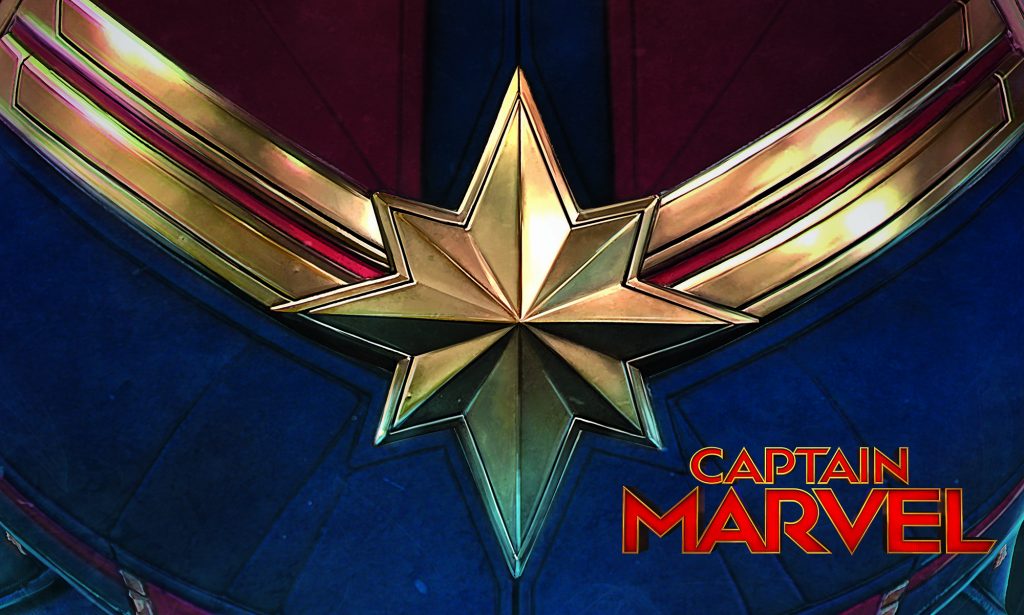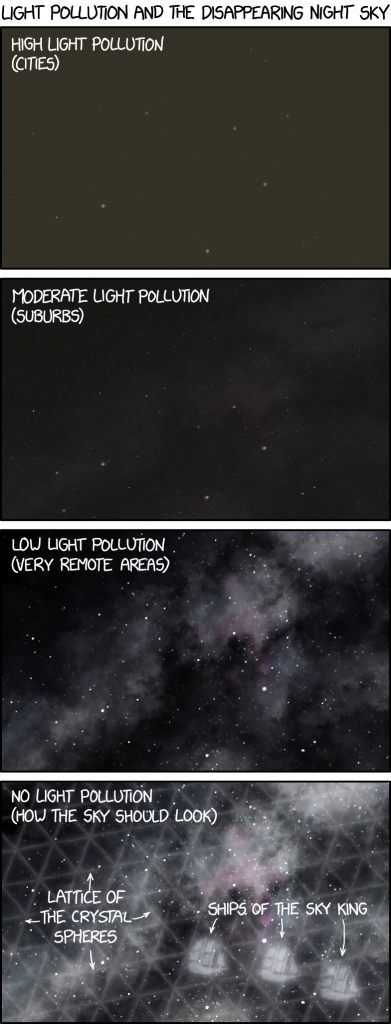So, I’ve been a fan of The Twilight Zone since I was a wee lad. My very first experiences with the series tended to take place after Cubs games–directly following, WGN-TV would tend to fill time with TWZ episodes. This was back in the day when my family lived in Chicago, and we watched television exclusively over the antenna; since Chicago had a couple fistfuls of channels, we didn’t really “need” cable. I’m sure people may even experience that these days with digital television and the increased channels you find over the air.
Anyway, I don’t remember what the first episode I saw was. I’ve seen every episode at least three times over the decades, between those initial viewings and the subsequent times I had seen it on cable, particularly with the Sci-Fi Channel and their New Years TWZ marathons. And then, of course, there had been two other revivals in the 80s and early 00s. I like each of them, of course, but there’s just something about anthological series which appeal greatly to me. I feel the same way about The Outer Limits, Black Mirror, Electric Dreams, Amazing Stories (which is also about to be revived).
So, I was quite over the moon to know that they were reviving the show yet again. There really hadn’t been a lot of anthological TV out there since the last TWZ revival until Black Mirror came along. Then Electric Dreams came along, almost in response. It seemed inevitable that TWZ would come back again.
CBS All-Access came along last year. The first show I watched on it was Star Trek: Discovery. It was TV-MA (a rating which specifies that it’s meant for mature audiences), which seemed a bit odd for a Star Trek series. Given its content over the past two seasons, though, if my girls are interested in Star Trek it’ll have to end at Enterprise until they get to be mature enough–whenever that might be for each of them.
It came as a bit of a surprise to find, as The Twilight Zone premiered today, that it was also TV-MA. It seems CBS All-Access is All Adult. So, it may be a while before the little ones get to see all of these mature (but generally good) incarnations of what had been, historically, been perceived to be a bit more family-friendly.
They dropped the first two episodes today, both of which most certainly live up to this rating. The stories, themselves, were quite good. One was about a comedian who makes jokes about people he personally knows only to see them disappear from reality. The second was somewhat a remake of Shatner’s “Nightmare at 20,000 Feet”, where a guy on an airplane acts against perceived threats to a flight; a bit more psychological in that it’s not, actually, a “man” on the wing which threatens this particular flight, but other…factors.
Keith and I were discussing this second episode as I was watching it. It had a couple of interesting twists from the original, and what we agree to be one awful end. The very final scene could have been cut from the story, and it would have been a far greater end than what went down. Even with that being said, it and the first episode were quite good.
One thing of note is that the original Twilight Zone always contained a moral of some kind–the protagonist(s) usually ended up facing some kind of dilemma, many times the crux of which originated from their own ego or hubris. The same could definitely be said of these particular episodes. Our opinion is that we hope that this particular revival of the series will contain some levity the likes of which we saw in the original–it knew how to tell moral stories, but it also knew how to have fun with it at times. We seem to live in a hyper-sensitive culture that borders on the serious way too often, a culture that seems to thrive anger and animus. We even see it in our entertainment, in how super-preachy it can sometimes get these days and takes itself far too seriously. How we can have any fun without escapism that removes ourselves from all that is beyond me–I hope it’s not leading to a cultural collapse due to lack of it. That levity known in the original could go a long way with this one.
Of course, that being said, were the messages of each seen as family-friendly back in those days? Certain concepts were new and controversial with both–e.g., the Kirk/Uhura kiss in “Plato’s Stepchildren”, the racism addressed in “Quality of Mercy” in Serling’s TWZ just to name a couple of rather stark social instances. Each also contained so much more than that as far as depth of topics went. It wasn’t just that each were one-trick ponies trying to forward social justice causes and that was it. Both also had stories far more light-hearted and humorous, covering the gamut of the human experience, not just the narrow social justice stuff that seems to over-permeate (and make somewhat joyless?) the entertainment experience in this day and age.
Probably reading too deep into it, particularly at this point. Obviously, you can’t tell a whole heap of a lot from just two episodes. But, even with all of this in mind, it’s a pretty good show, thus far. Can’t wait to see more; they most definitely have me intrigued.



